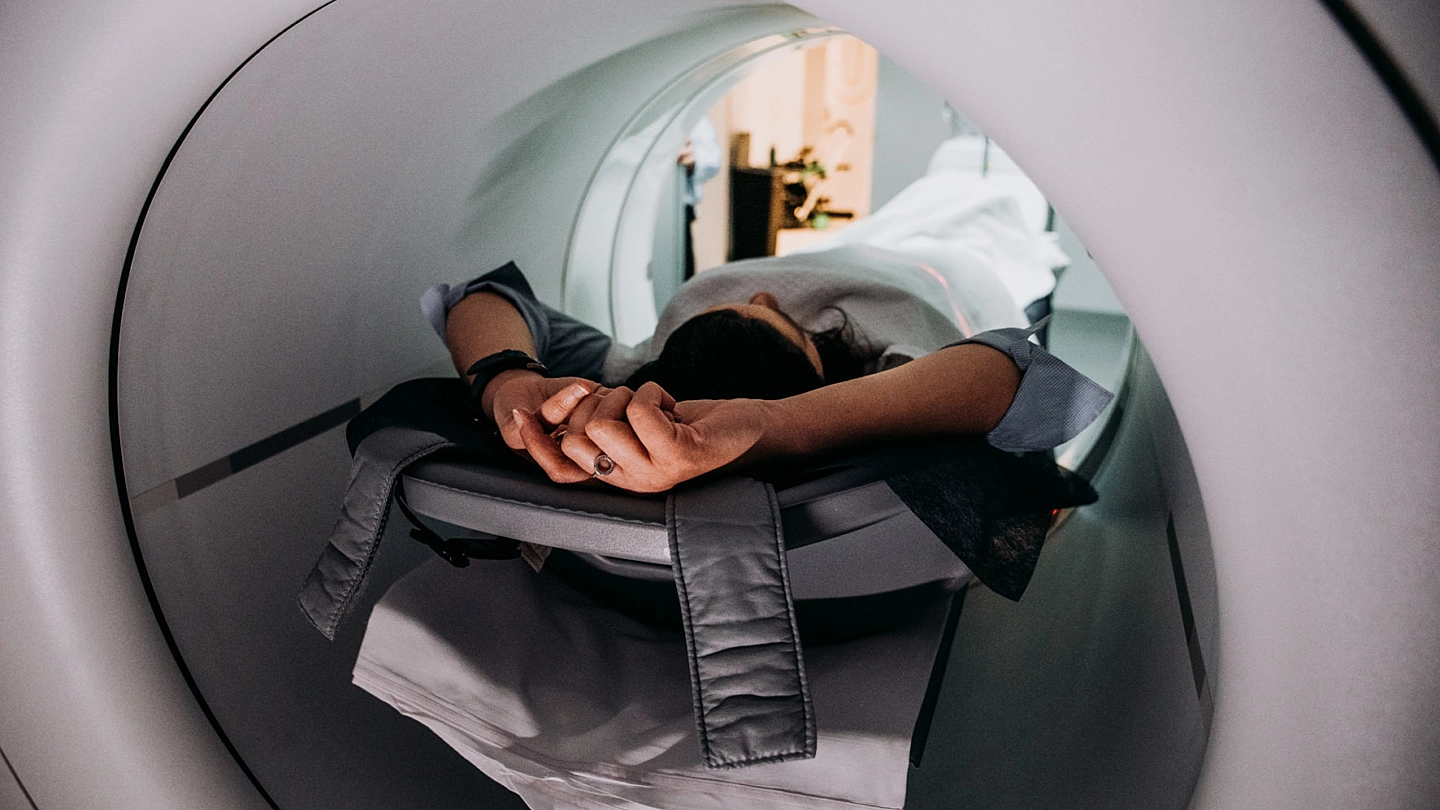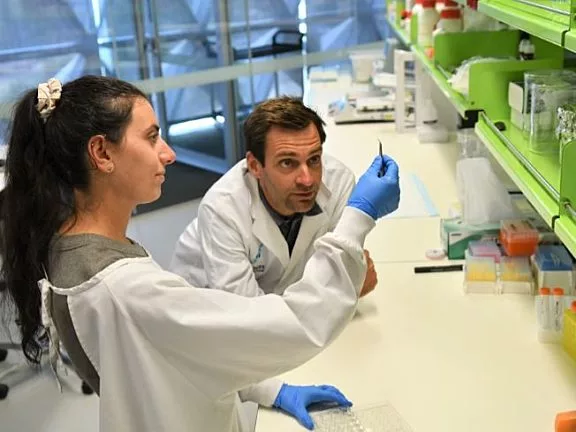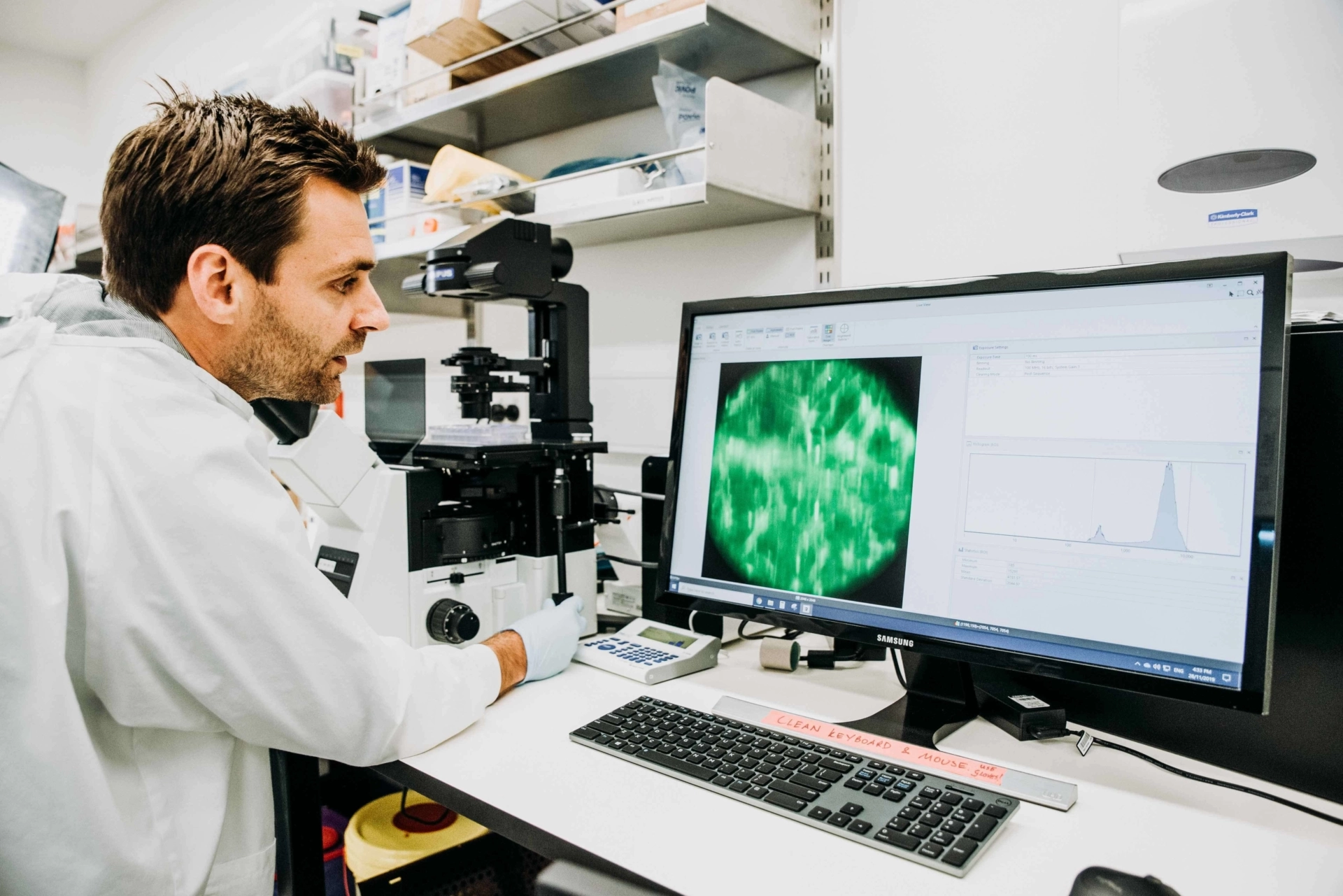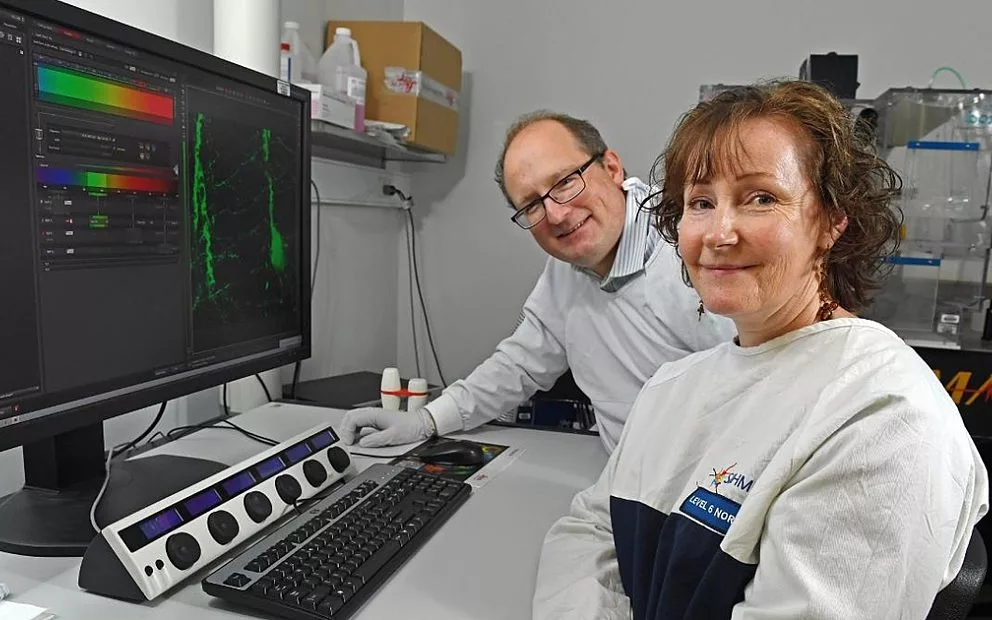Courtesy of The Hospital Research Foundation
A scan that can detect your risk of Alzheimer’s decades before symptoms appear is now available in South Australia through a new dementia screening clinic based at SAHMRI, being supported by The Hospital Research Foundation Group.
The clinic also gives South Australians access to the latest trials for dementia, plus early interventions if you are identified at-risk and have a strong family history of the degenerative condition.
More than 100 people have commenced screening at SAHMRI, which is part of the national Australian Dementia Network (ADNet*).
Dr Miia Rahja, ADNet SA Project Coordinator, said the free, state-of-the-art screening process helps detect at-risk people through the identification of a specific amyloid protein in the brain.
“For the first time in South Australia, we have a service that is specifically designed to use specialised brain scans and biomarkers to find people suitable for early treatment trials to try to prevent the development of dementia or worsening of mild cognitive impairment,” Dr Rahja said.
“Research suggests that the accumulation of this amyloid protein begins decades before the development of symptoms. Researchers believe that the earlier anti-amyloid drugs are given, the greater the chance of benefit to the patient.”
The Hospital Research Foundation Group provided $106,000 to secure the ADNet screening clinic in SA, where people undergo MRI and PET scans, interviews, neuropsychological assessments, blood collection and a discussion of personal results and a potential referral to clinical trials.
“We are hugely grateful to The Hospital Research Foundation Group for supporting the clinic and giving more South Australians access to the latest in prevention, diagnosis and treatment of dementia,” Dr Rahja said.
Dr Cathy Short, Senior Neurologist from the CALHN Memory Service, also welcomed the ADNet pre-trials screening clinic to South Australia.
"Having access to these cutting-edge biomarkers for at-risk patients, is a huge step forward for diagnosis of Alzheimer's Disease in this state. I am also hopeful that it will encourage greater involvement in clinical trials for dementia," Dr Short said.
She is encouraging anyone who is concerned about their risk of developing Alzheimer's either due to a strong family history or having early memory changes, to get involved.
“Without greater involvement in clinical trials there will be no cure found for Alzheimer's disease.”
Healthy adults aged 50-80, who are cognitively fine but have a family history of Alzheimer’s, are being sought to participate in a trial aimed at preventing memory problems in the future. They can register their interest and details through the ADNeT volunteer portal https://www.australiandementianetwork.org.au/research-volunteer-portal/
People can also either make direct contact with the clinic or be referred by their doctor if they have a family history of dementia or are suspected of having a mild cognitive impairment or mild dementia.
Contact (08) 8128 4202 or email adnet@sahmri.com for more information.





